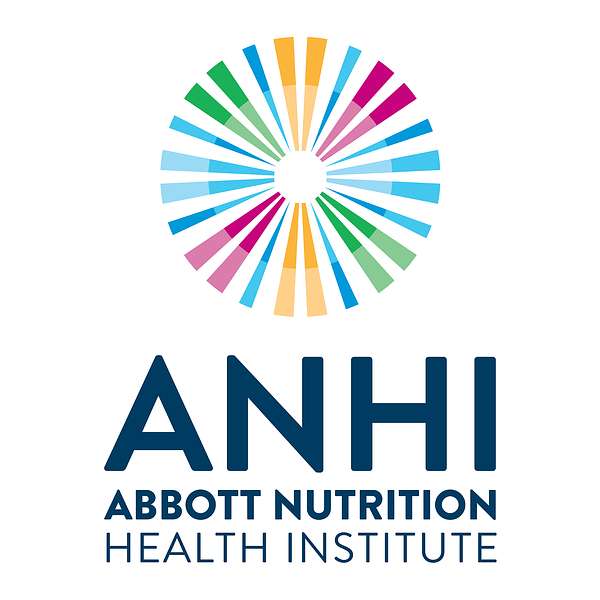
The Power of Nutrition Podcast
At Abbott Nutrition Health Institute (ANHI), we’re committed to improving lives through the power of nutrition, and we created this podcast series with that mission in mind. Join us as we speak with nutrition science experts around the world on the role nutrition can play in COVID-19, cancer, malnutrition, breastfeeding, dehydration, aging, exercise and more.
The Power of Nutrition Podcast
Depression and Anxiety
•
Abbott Nutrition Health Institute
In general, about one out of every six adults will have depression at some time in their life. Depression affects about 16 million American adults every year. Anyone can get depressed, and depression can happen at any age and in any type of person. In this episode of our Mental Health Series, Dr. Patrick McGrath, Chief Clinical Officer of NOCD walks listeners through some causes and treatments for depression and anxiety.
See the full transcript on anhi.org.
CLICK TO SEE THIS PODCAST EPISODE'S TRANSCRIPT ON ANHI.ORG